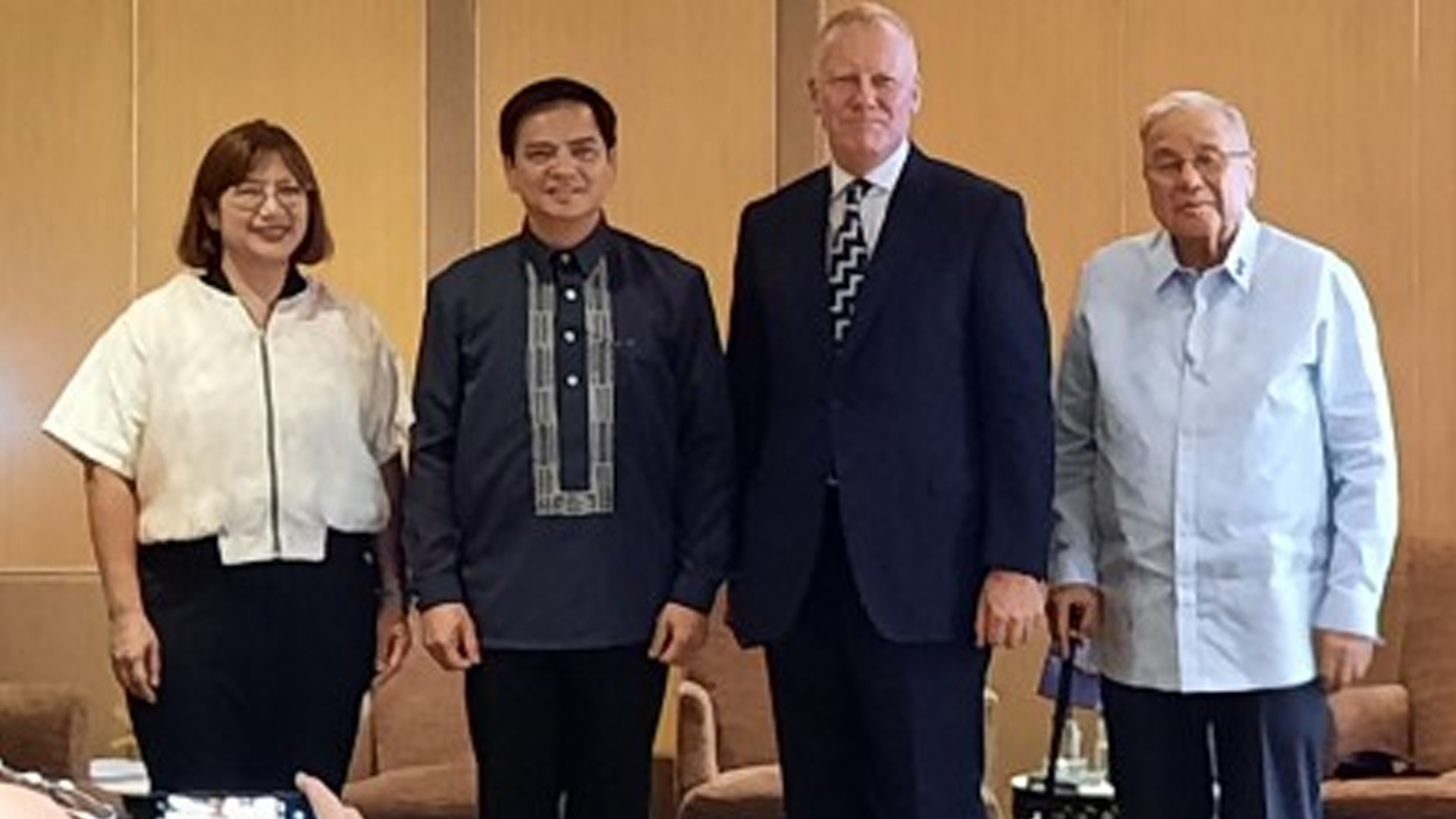The Philippines wants to craft a national strategy that would deal with the exploration and exploitation of deep-sea mineral resources in the future, the Department of Foreign Affairs (DFA) said Monday.
The Philippines, together with Jamaica-based International Seabed Authority (ISA), is hosting a two-day national capacity development workshop on deep-sea-related issues to discuss the framework needed to enable the country to participate in ocean mining.
In his opening remarks Monday, Foreign Affairs Undersecretary Charles Jose noted that resources containing cobalt, manganese, copper, nickel and other rare minerals are believed to be abundant on the seabed ocean floor — most of which are beyond national jurisdictions.
“The Philippines as an archipelagic state is entirely dependent on the sea and our state’s ecosystem is affected by changes in the larger ocean ecology. We are therefore committed to the conservation and sustainable management of the oceans and the seabed,” he said.
“The Philippines encourages a whole-of-society approach to tackle these matters and form a holistic strategy, with regard to the exploration and possible development of the seabed in the future,” he added.
Mario Aurelio, ISA Legal and Technical Commission Commissioner, hoped the workshop would allow stakeholders to look at how the Philippine Mining Act can be revised in accordance with international law.
A country can only participate in activities in the ISA if it has an UNCLOS (United Nations Convention on the Law of the Sea)-compliant deep-sea mining legislation, he said.
The ISA regulates and controls all minerals-resources-related activities in the so-called “The Area” or the seabed beyond a country’s national jurisdiction “for the benefit of mankind as a whole”.
The ISA has already issued at least 31 exploration contracts in the Pacific, Indian and Atlantic Oceans while developing regulations for the mining itself.
“What we know is, from many, many years of research, that the minerals in the seabed contain more metals, more minerals than all the resources that are left on land,” ISA Secretary-General Michael Lodge told reporters in a press conference.
“Obviously, we’ve been exploiting land-based resources for thousands of years. And the seabed we haven’t exploited at all. So it’s new territory in that sense,” he added.
Lodge said one part of the abyssal plain — an underwater plain on the deep ocean floor — between Hawaii and Mexico alone, also known as the Clarion-Clipperton Zone, contains more copper, cobalt, nickel and manganese than all the remaining terrestrial reserves of those minerals.
“(There’s a) great potential. But so far, we are still at the stage of exploration of understanding the resources and understanding even more how to exploit it in a sustainable way,” he said. (PNA)









